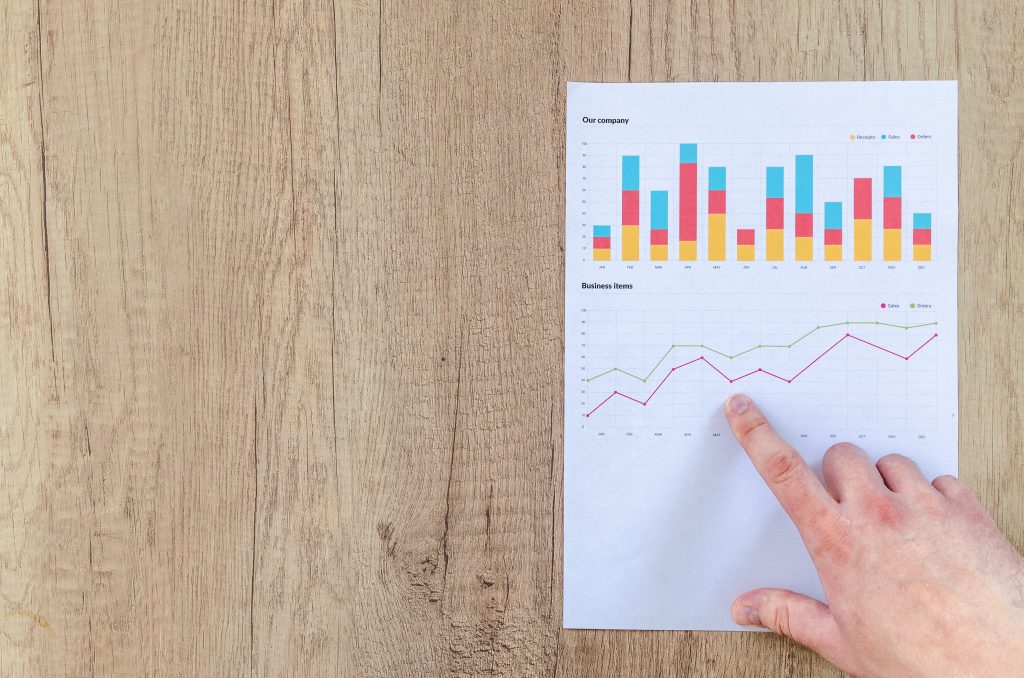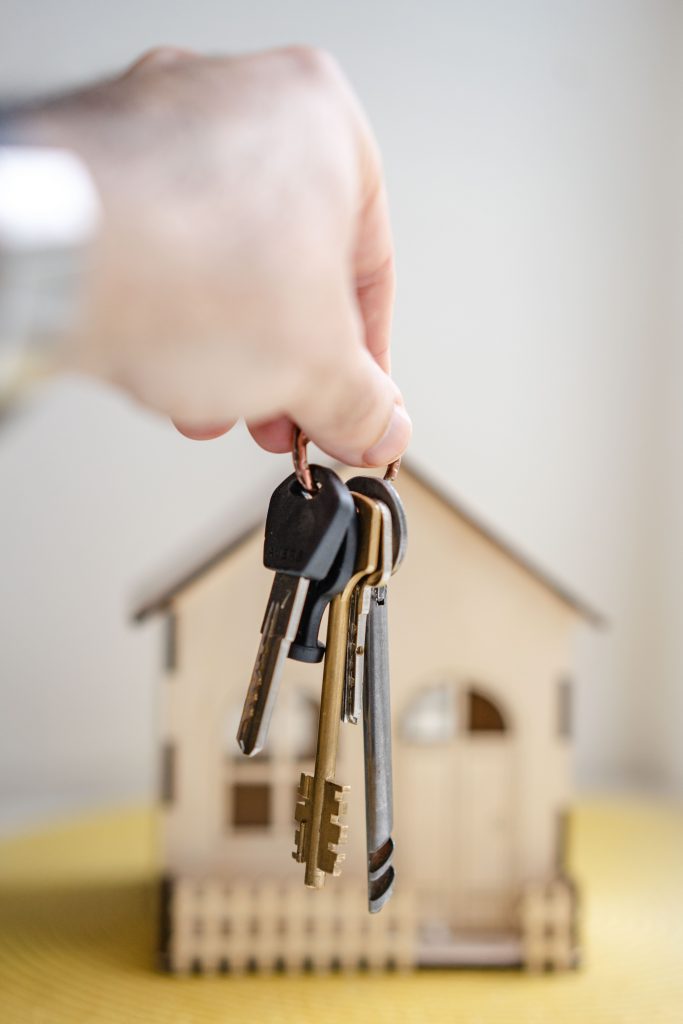When mortgage interest rates increase, buyers feel like they’ve lost their “one chance” to buy a home. It can hit first-time homebuyers hard after they’ve done all the work getting their finances organized.
But higher interest rates don’t mean you have to give up on the dream. There are many things you can get busy doing while rates are higher.
Here’s where to start.
Work On Raising Your Credit Score
If your score is 760 or above, skip ahead. If it’s less than 760 – roll up your sleeves and get to work.
Did you know that the higher your credit score, the lower your interest rate? Mortgage rates are priced between an eighth and a quarter percent better (meaning lower) for borrowers with superior credit scores – 760 and above.

If you haven’t already, order a free copy of your credit report and check for errors. Be ready to supply documentation to prove the error. Follow up with the credit bureau reporting the error or reach out to the individual creditor who reported the incorrect information.
Another way to improve your credit score is by continuing to pay down or eliminating debt. Revolving debt (credit cards) will have the most immediate impact on improving your score, so concentrate any extra payment on these accounts.
Make sure you don’t apply for or open any new credit accounts. Doing this will quickly wipe out the hard work you’ve put into increasing your score.
What else can you do while mortgage rates are high? Keep saving money.
Save More Money
Higher interest rates can push monthly mortgage payments outside your comfort zone. But one step you can take now to get comfortable again – get back to saving aggressively.
You can use the additional funds strategically to get a lower mortgage payment when you accumulate more savings. Or, better yet, to lower all your monthly payments. With more savings, consider the following:
- Make a larger down payment to reduce the mortgage, and you’ll have a smaller monthly payment.
- Save enough for a 20% down payment to eliminate paying mortgage insurance premiums. Depending on your mortgage amount, this could reduce your monthly payment by several hundred dollars.
- Use it to pay down – or pay off – revolving and installment debt. Not only does that improve your credit score, but it improves your cash flow, helping you afford a higher mortgage payment.
- Pay a discount point to get a lower interest rate. A discount point is prepaid interest that “buys” a lower interest rate. One discount point is equal to one percent of the mortgage amount.
Set Up That Budget
Before interest rates increased, your attention was probably focused on the loan application process. If creating a budget wasn’t part of that process – now is the time to take action and make, or refine, a “budget.”
Many people are satisfied with having a rough idea of how they spend their money every month. But to understand what you can afford, you need to know where those dollars are going.

This isn’t a lecture on the value of a budget. It’s simply good, practical advice for something to proactively do that can help you buy a home. Once you dig into your regular spending habits, you may see that you need to close the gap between what you earn and what you spend.
A quick way to approach budgeting is to calculate your actual living expenses, subtract your monthly savings, and then drill down on the rest of your spending. Where’s it going? Where can you reduce or eliminate costs?
How will the potential mortgage payment and other housing expenses fit into your budget?
Get a Full Pre-Approval
You’re not the only buyer that the higher rates impacted. Look around, and you’ll notice fewer homes are selling, which means less competition. Less competition means sellers are more accommodating to potential buyers.
If you follow the advice in this article, you may find yourself in a stronger negotiating position as you begin to make offers on homes. One thing you can do is go through a full pre-approval process.
Full pre-approval means your file has been through underwriting. Now sellers will see your offer almost the same as a cash buyer. So take advantage of that strong position.
Along with potentially offering at or below the listed sales price, you may want to ask for a seller contribution toward your closing costs. Or ask for a specific dollar amount of credit and have it applied toward a discount point to buy down the rate.
Go Ahead and Buy a Home
Even after following the advice in this article, not everyone will be able to buy a home while mortgage rates are high. But you might be surprised at the difference some or all of these steps can make in your finances that could make it possible.
When interest rates come back down, the first thing that will happen is all the buyers will compete to buy a home once again. Then, the effect of supply and demand will begin to increase home prices.

If you can buy a home before that happens, you’ll benefit from the increase in equity from the rising home prices. And you’ll be in a solid position to take advantage of the lower rates by refinancing. Talk about a lower monthly payment!
The next steps include all the above and meeting with your loan officer to create your strategy. It may consist of some or all of the following:
- Buying down the interest rate.
- Opting for an adjustable-rate mortgage offering a lower interest rate and payment for several years.
- Choose a less expensive property.
No matter what you decide to do, the great news is the decision is yours to make, and there’s so much you can do while mortgage rates are high.




Leave a Reply